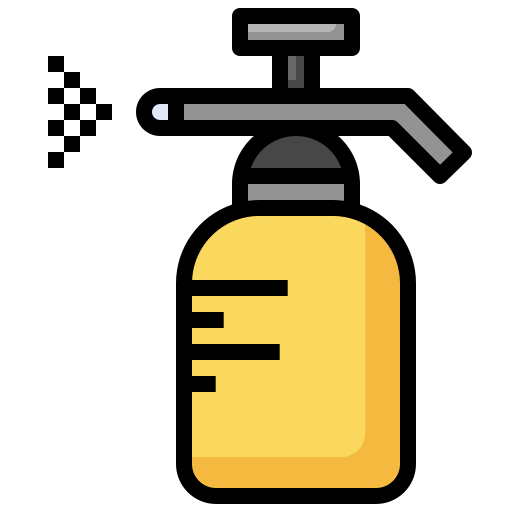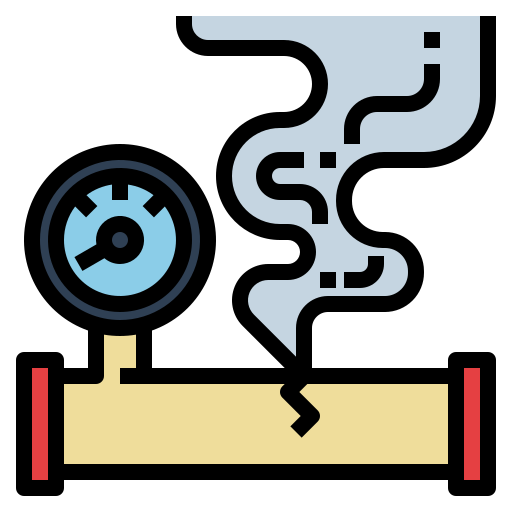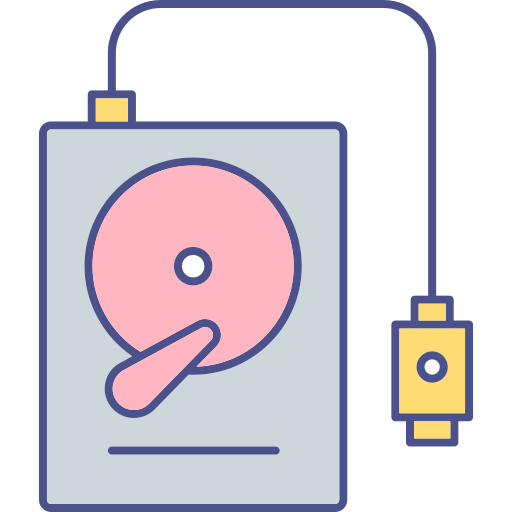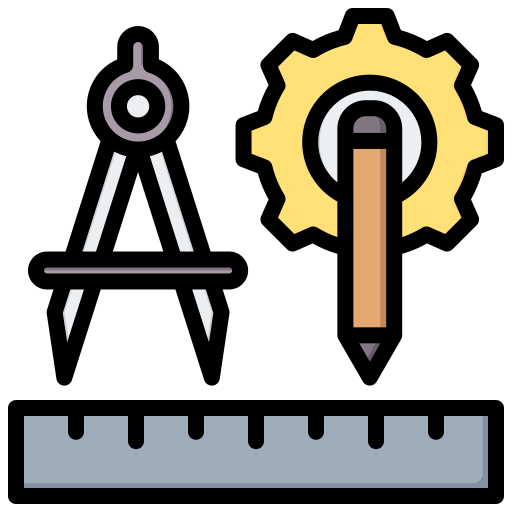Qualified Employees Availability
Need help ?
+213 779295588
Please do not hesitate to contact us with any questions, inquiries or assistance.
Qualified Employees Availability Services
In the context of civil and structural aspects within the oil and gas industry, the processes involve the design, construction, and maintenance of physical infrastructure necessary to support the extraction, transportation, and processing of oil and gas resources. Here's an overview of activities related to Civil/Structural aspects: Design,Construction,Inspection and Quality Control,Testing and Commissioning,Maintenance and Rehabilitation,Environmental Considerations

Details Services

Civil / Structural
In the context of civil and structural aspects within the oil and gas industry, the processes involve the design, construction, and maintenance of physical infrastructure necessary to support the extraction, transportation, and processing of oil and gas resources. Here's an overview of activities related to Civil/Structural aspects: Design, Construction, Inspection and Quality Control, Testing and Commissioning, Maintenance and Rehabilitation, Environmental Considerations

Topography
In the oil and gas industry, topography refers to the detailed mapping and characterization of the natural and man-made features of the land where infrastructure for exploration, production, and transportation of oil and gas will be developed. Here's an overview of activities related to topography in this context:Surveying and Mapping,Site Selection and Design,Environmental Planning and Permitting,Construction and Infrastructure Development,Monitoring and Management,Safety and Risk Management

Mechanical Packages or Skids
In the context of the oil and gas industry, Mechanical Packages or Skids refer to pre-engineered and pre-assembled units containing various mechanical components that are integrated into larger systems or facilities. These packages or skids are designed for ease of transportation, installation, and operation.

Piping / Welding / Inspection
In the oil and gas industry, Piping, Welding, and Inspection are critical aspects involved in the design, construction, and maintenance of pipelines and piping systems. Here's an overview of these interconnected activities : Piping Design ,Welding,Inspection,Construction and Installation,Commissioning and Testing,Operation and Maintenance

Painting / Insulation
Painting involves the application of protective coatings to surfaces of equipment, structures, and pipelines. The primary purposes of painting in industrial settings, such as in the oil and gas industry and ,Insulation refers to the installation of materials around equipment, pipelines, vessels, and structures to control temperature, reduce energy loss, and provide personnel protection. In industrial contexts like the oil and gas industry

Electrical
Electrical systems in the oil and gas industry are essential for ensuring safe, reliable, and efficient operations across all phases of exploration, production, refining, and distribution. They require stringent adherence to industry standards and regulations to mitigate risks and maintain operational integrity in often challenging and hazardous environments.

Electrical
Start-up in the oil and gas industry refers to the phase following commissioning where the newly installed systems and equipment are brought into active operation. This phase involves initiating the production processes and ensuring that the facility operates as intended under real conditions. Start-up includes:System Initialization, Operational Testing, Performance Monitoring, Troubleshooting, Optimization, Training and Handover.

Instrumentation
Instrumentation in the oil and gas industry involves the application of various instruments and control systems to monitor, control, and optimize processes within facilities, pipelines, and offshore platforms. Here’s the types of instrumentation activities within this industry:Pressure Instruments,Temperature Instruments,Flow Instruments,Level Instruments,Analytical Instruments,Control Systems and Devices,Safety and Alarm Systems

Telecommunication
Telecommunications in the oil and gas industry refer to the systems and technologies used for communication, data transmission, and networking across various operational environments, including offshore platforms, remote drilling sites, and onshore facilities. Here’s an overview of telecommunications activities within this industry: Voice Communication, Data Transmission ,Control and Monitoring Systems, Security and Surveillance ,Emergency Communication,Data Management and Integration

HVAC
HVAC (Heating, Ventilation, and Air Conditioning) systems in the oil and gas industry are essential for maintaining safe and comfortable working conditions, preserving equipment integrity, and ensuring operational efficiency in various environments, including offshore platforms, onshore facilities, and remote sites. example:Heating Systems, Ventilation Systems, Air Conditioning Systems.
 Qualified Employees
Qualified Employees Inspection & Valuation
Inspection & Valuation Quality and Reliability
Quality and Reliability Calibration
Calibration Inspections
Inspections Certifications
Certifications Trainings
Trainings Assistance / Site Activities
Assistance / Site Activities